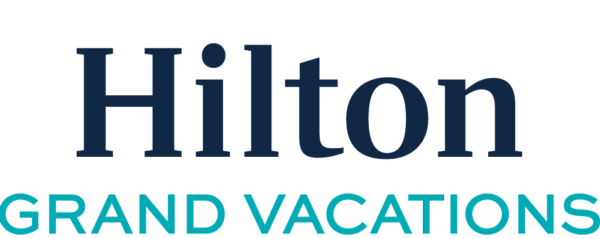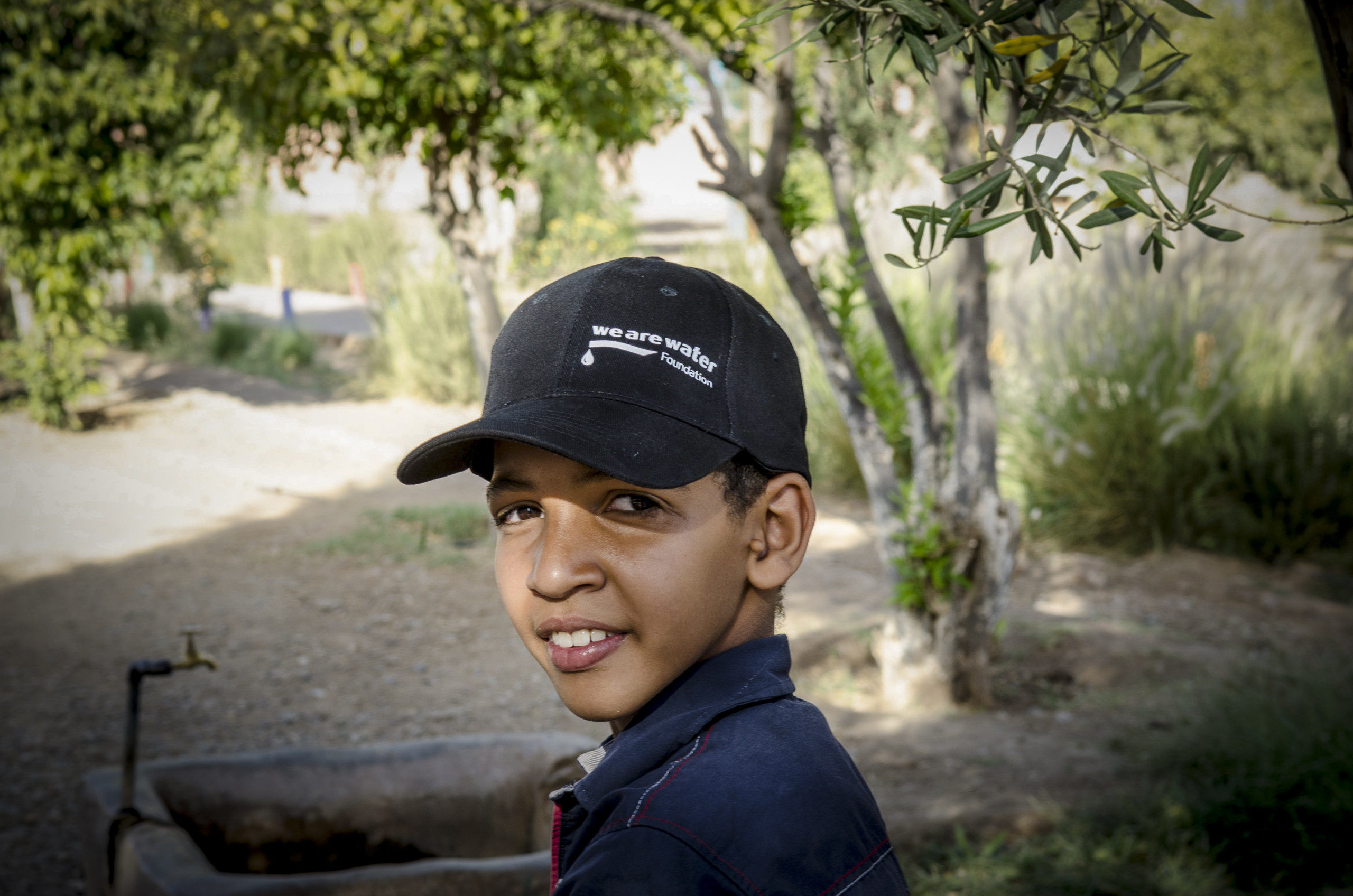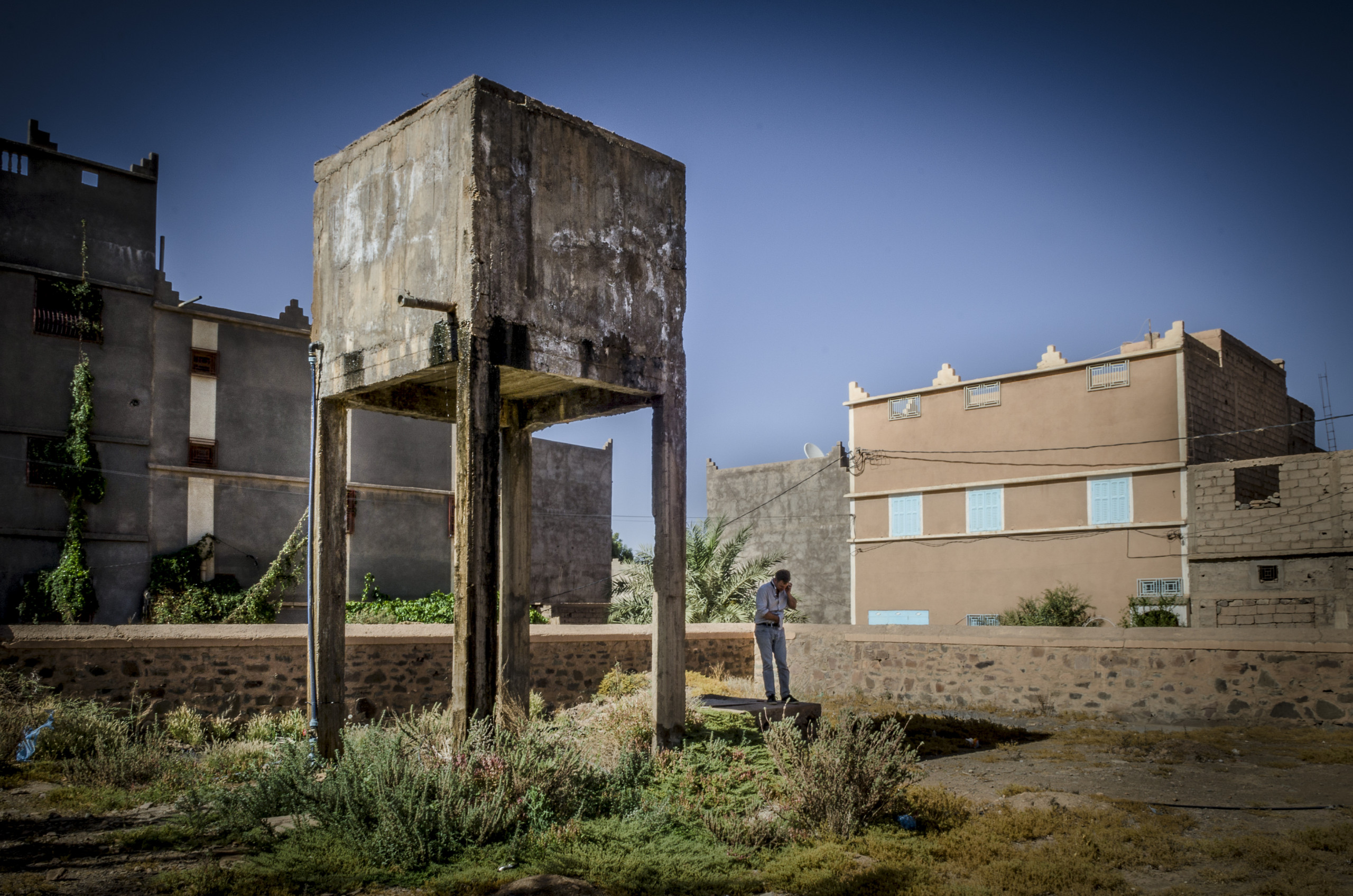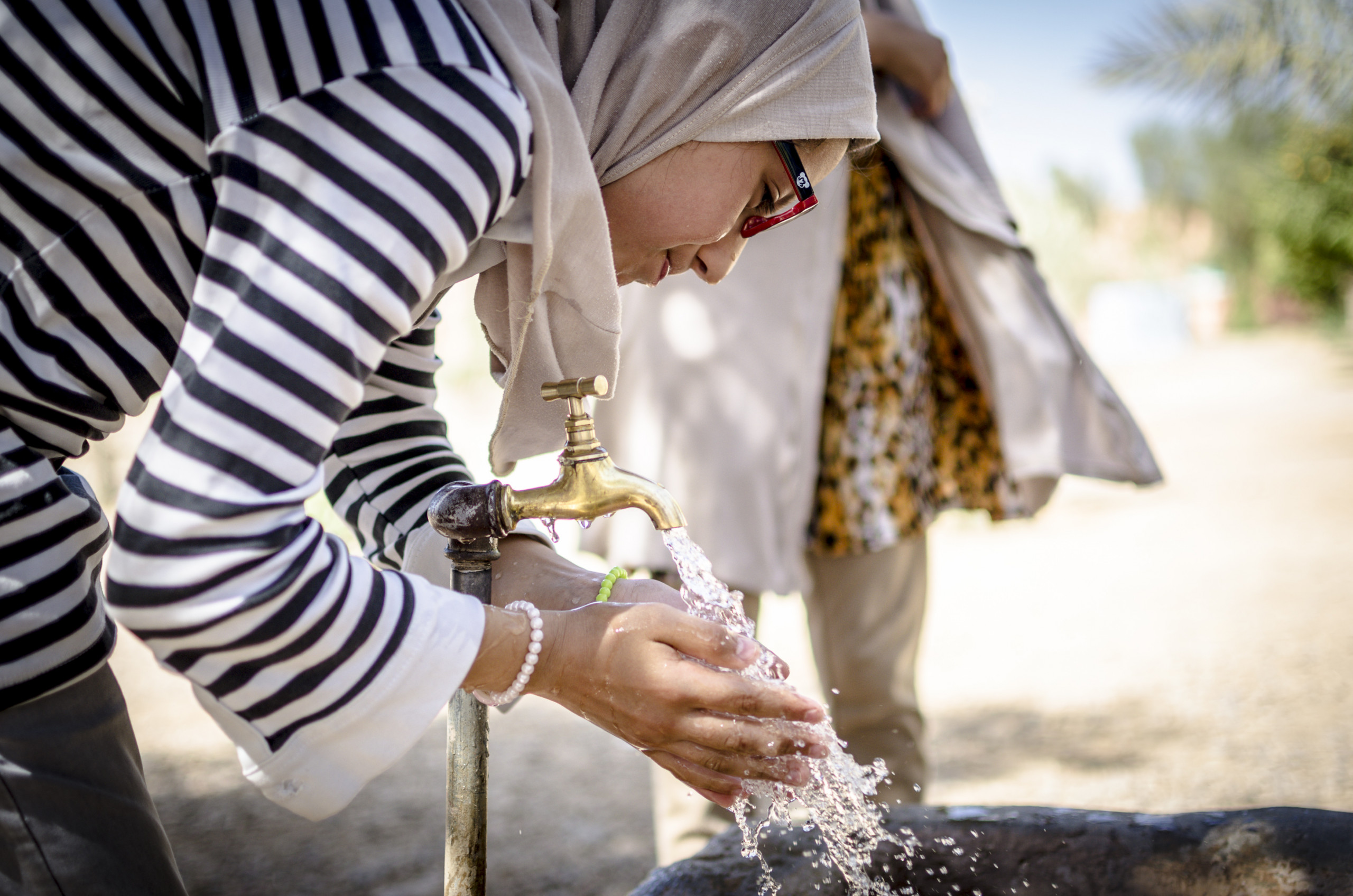Eastern Region (Guercif province) and Sous-Massa region (Dcheira-Taghazout province), Morocco
september 2020 – september 2022
Improving hygienic conditions in schools post-Covid-19. A community approach to establish healthy hygiene practices based on the knowledge of schoolchildren and fight against gender discrimination focused on adolescent girls of menstrual age.
Objectives
- Improve hygienic conditions in schools post-Covid-19. A community approach to establish healthy hygiene practices based on the knowledge of schoolchildren and fight against gender discrimination focused on adolescent girls of menstrual age.
- Rehabilitation of hygienic conditions in schools post-COVID-19 through rehabilitating facility’s sanitation and providing hygiene kits for hand washing and specific kits for girls.
- Build capacity for children, teachers and administrative staff on hygiene educational measures and approaches.
- Raise awareness among children, parents and the community about the importance of hygiene measures to anchor healthy practices, focusing on menstrual hygiene.
- Improve the knowledge of children.
Beneficiaries
7,000 direct
5,700 boys under 15 and 2,800 girls.
600 indirect
250 women. Parent associations, education inspectors and heads of the provincial boards of education.

On the ground
The sanitation facilities in schools are significantly deteriorated. Lack of hygiene knowledge among schoolchildren and their families.
Health infrastructures in schools located in the Guercif province, in the Eastern and Sous-Massa regions are very dilapidated and in many cases are not accessible, especially in rural and peri-urban areas. There is also a lack of education and awareness of hygiene and health, as well as an incorrect use of the facilities by educational actors and parents. This lack of knowledge and awareness of the importance of hygiene and the use of health facilities affects both the quality of their maintenance and the integration of hygiene practices in the school management and planning of educational activities.
Some schools lack running water, latrines are dysfunctional, and facilities in general are not adapted to the specific needs of children in pre-school age or those with disabilities.
Education about hygiene and a change of behavior with regard to handwashing is essential for children as it benefits the reduction of disease transmission and contributes to ensuring their health and school continuity.
In the most vulnerable communities, handwashing is rarely put into practice due to the lack of knowledge. The diarrhea rate, for instance, continues to be very high among younger children, representing the second leading factor in child mortality in Morocco, with a prevalence rate of 22% in children under the age of 5. This indicator is five times higher in rural areas.
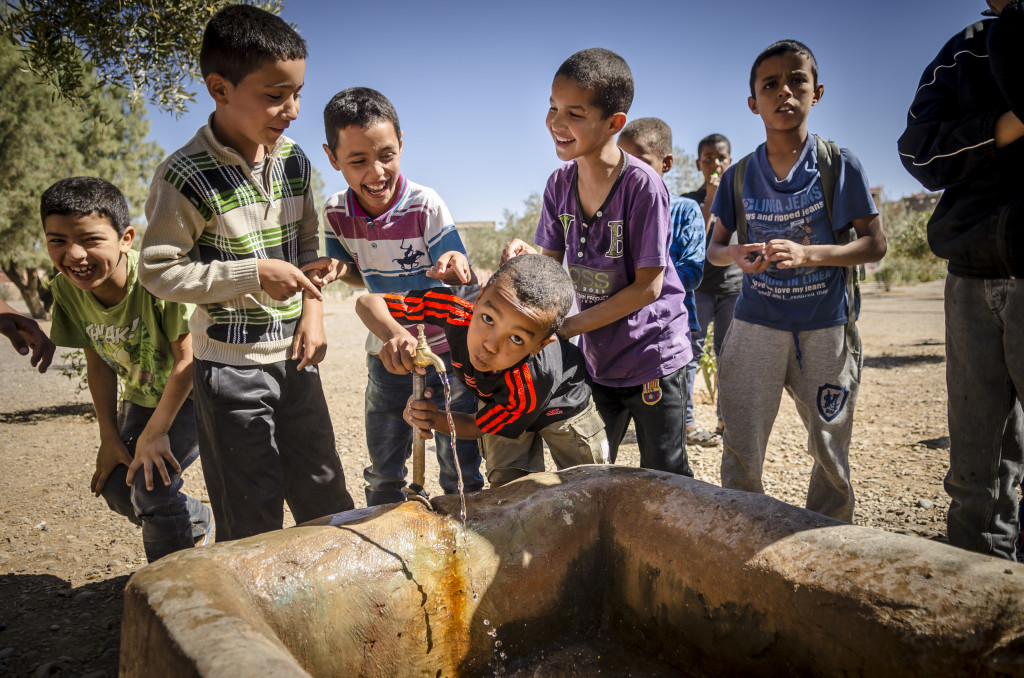
In detail
Through this project, we implement a model to reach areas with an economically disadvantaged population and where children face difficulties related to education.
The implementation of this project will follow a participative approach by means of the creation of a regional planning and implementation committee (steering committee) and a provincial technical monitoring committee. There will be local school committees to facilitate the assessment of the situation in schools, the planning of activities and their follow-up. These committees will be made up of provincial officials, school principals, teachers, representatives of parent associations and student representatives.
The participation of all stakeholders in the activity planning stage will adapt the approaches to the real needs of the target population and ensure the adoption of all developed programs, as well as the identification of human resources capable of “replicating in other schools”, always following the guidelines of the We Are Water Foundation for the sustainable construction of latrines will be followed, as summarized in the Manual for the construction of latrines and wells.
Sustainability perspectives
One of the main components of the project is capacity building and the development of training and awareness raising tools, thus ensuring the transfer of skills at a regional and local levels. The approach of the UNICEF program, essentially based on training and community consultation at all levels of decision making, allows the participation of the community, both from the cultural and technical point of view.
The rehabilitation of sanitation facilities in schools will be for public schools, whose access remains free for children and the transfer of assets is a public good guaranteed by free access to schools in Morocco.
The project is part of the school management change as it jointly considers the importance of maintaining health equipment as well as the integration of education and continuous awareness-raising programs of hygiene. The combination of these components will be promoted throughout the entire project for the integration of hygiene dimensions in local educational policies and their regular funding by the budgets of educational authorities.



